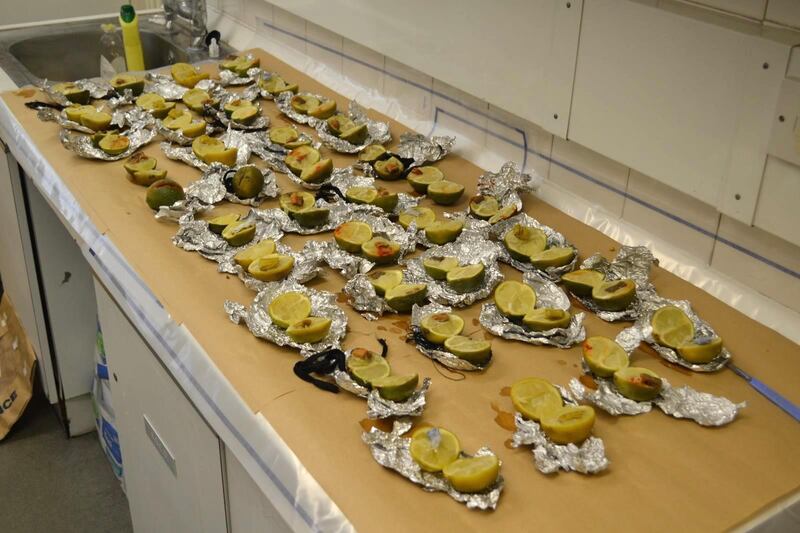A 37-year-old Ugandan woman has become the first person in Britain to be jailed for practicing female genital mutilation.
The woman – who cannot be named for legal reasons – was sentenced on Friday to 11 years in prison.
The conviction last month came two years after the mother-of-two cut her three-year-old daughter in their east London home, and more than 30 years after the practice was outlawed.
"FGM has long been against the law, and let's be clear: FGM is a form of child abuse," Justice Philippa Whipple said. "It's a barbaric practice and a serious crime." Anti-FGM legislation was extended in 2003 and the maximum penalty is 14 years in jail.
Although FGM has been specifically outlawed in Britain since 1985 but previous prosecutions have never been successful.
According to Justice Whipple, the case revealed the cutting of the girl was done at their home – a place that should have felt safe. This, said the judge, were "particularly sickening features".
"As (her) mother you betrayed her trust in you as her protector," the judge said, adding that the psychological impact could become a "significant and life-long burden".
The perpetrator's ex-partner, a 43-year-old Ghanaian who was cleared of criminal involvement in February, was also handed a jail sentence for having indecent images.
Prosecutors have noted it is "extremely difficult" to secure evidence in such cases, given the young age and vulnerability of victims, and a reluctance to testify against their closest family.
Government figures indicate that tens of thousands of women in Britain are living with the consequences of FGM, with studies showing it is chiefly rooted in Britain's African communities.
Prosecutors have noted it is "extremely difficult" to secure evidence in such cases, given the young age and vulnerability of victims, and a reluctance to testify against their closest family.
Government figures indicate that tens of thousands of women in Britain are living with the consequences of FGM, with studies showing it is chiefly rooted in Britain's African communities.
In the landmark case concluded on Friday, the parents brought their bleeding daughter to hospital in August 2017, with the mother claiming she had fallen from a kitchen worktop onto an open door.
But doctors found the injuries were consistent with deliberate mutilation rather than a fall.
Police found spells and curses in the mother's home, prosecutors said during the trial.
They included two cow tongues in her freezer bound in wire, with nails and a small knife embedded in them.
There were also 40 limes which contained pieces of paper with the names of police officers and social workers involved in the case.
Prosecutor Caroline Carberry told the court the young victim had recovered well but she was likely to have long-term physical and psychological damage. Police said the young girl had been placed with another family.








